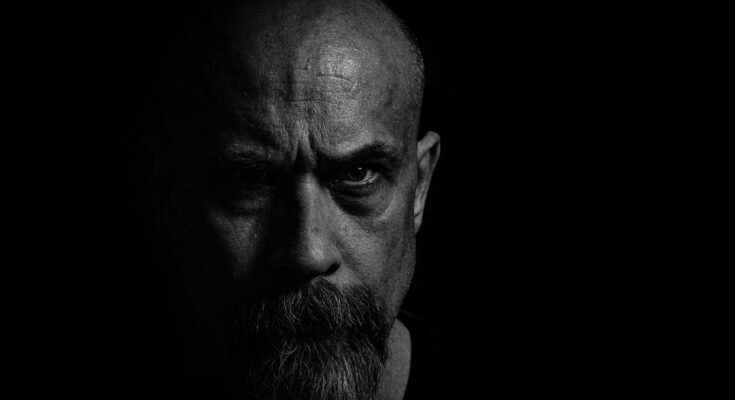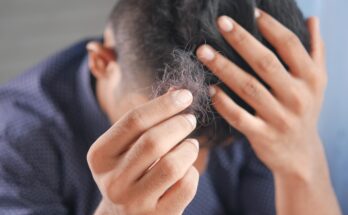Hair Loss Issues, or alopecia, is a highly prevalent disease. Although elderly folks are more likely to have HPV than children, anybody can have it.
The AAD estimates that between 50 and 100 hairs fall out on average per day. There are around 100,000 hairs on your head, so any minor loss is scarcely noticeable. Although it’s not always the case, new hair often comes in to replace lost hair.
Hair loss can happen overnight or over the course of several years. Depending on what caused it in the first place, it could be either temporary or permanent.
Why Does Hair Fall Happen?
The primary categories of hair loss have several underlying reasons.
- Androgenic Alopecia
Hereditary hair loss, such as female or male baldness, is referred to as androgenic alopecia. Up to 50% of people are affected by it, making it the most prevalent cause of hair loss.
Androgenic alopecia-related hair loss often occurs gradually. While some people may start losing their hair around puberty, others may not start showing signs until they are in their middle years, between the ages of 6 and 11.
- Alopecia Areata
Your immune system assaults the hair follicles as a result of the autoimmune condition alopecia areata, resulting in little to large bald patches. In rare instances, it could lead to total hair loss. In addition to losing hair from their scalps, some people who have alopecia areata may also lose hair from their eyebrows, eyelashes, or other body parts.
- Anagen Effluvium
Anagen effluvium causes rapid hair loss. The usual culprits for this are radiation or chemotherapy treatments. Hair often grows back when the therapy is finished.
What Can I Do to Stop Hair Loss?
You can do a few things to reduce hair loss, including:
Hairstyles should be flowy. Keep your buns, braids, or ponytails loose if you frequently wear your hair in these styles to prevent undue stress on your hair.
Do not touch your hair. Avoid pulling, twisting, or rubbing your hair as long as possible.
Let hair air dry. After bathing, gently pat the hair dry with a towel. Please refrain from stroking or twirling your hair in the towel.
Aim for a balanced, nutrient-rich diet. Try to include a lot of iron and protein in your meals.
When to Consult a Physician Regarding Hair Loss?
If you have any unexplained hair loss, it’s advisable to consult a doctor so they can evaluate the root of the problem and the best course of action. Be careful to bring up any more unexpected symptoms you’ve seen during your consultation, such as:
- Fatigue
- Unaccounted-for weight loss
- Fever changes in bowel motions and limb swelling
- Skin changes such as rashes on the scalp or body
It will also be useful if you can share details about how rapidly the hair loss started and whether there is any balding in your family.





One Comment on “Are You Facing Hair Loss Issues? Here Are the Reasons!”